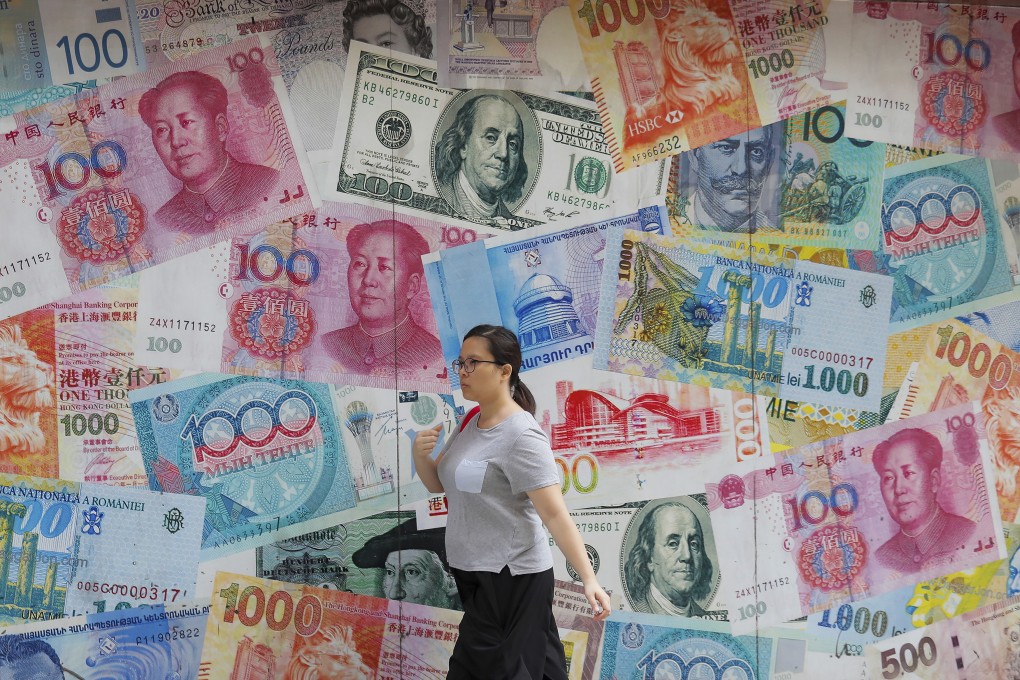Advertisement
China Briefing | Why China should slash taxes just as the US seeks a global minimum rate for corporations
- Washington’s push for world economies to sign up to a minimum corporate tax level of 15 per cent offers Beijing a chance to reform its own tax regime by cutting corporate and personal income taxes and streamlining VAT and social security contributions
- Doing so could help China retain multinationals spooked by the trade war and rising business costs, attract more FDI, and bolster the country’s competitive edge in global supply chains
Reading Time:4 minutes
Why you can trust SCMP

The move by the United States to support an international effort for a global minimum corporate tax, which would apply to multinational firms, has injected momentum into discussions on how international businesses are taxed amid speculation that a deal could be reached as early as October.
Curiously, this significant international taxation reform has hardly caused a ripple in China with news reports and commentaries discussing the issue largely in the global context, giving the impression that it has less bearing on the country, home to many multinationals.
Beijing’s cautious approach is puzzling, to say the least. As the world’s second biggest economy and the top recipient of foreign direct investment (FDI), China should play a more active role in international discussions of this significant issue.
Advertisement
Moreover, Washington’s push for the global tax plan could offer Beijing a good opportunity to further reform its own tax regime by cutting corporate and personal income taxes and streamlining its value-added tax categories and social security contributions.
This would help Beijing to gain geopolitical and geoeconomic benefits as well as attracting FDI and boosting domestic manufacturing at a time when the Washington-led alliance against China over human rights, Taiwan, and trade practices is putting pressure on multinationals to relocate some of their operations out of the country.
Since 2012, the Paris-based Organisation for Economic Cooperation and Development has been leading negotiations on a global tax plan targeting multinationals and digital services firms among its nearly 140 member countries. Even though China is not a member, reports suggest it has been “fully involved”.
Advertisement
Select Voice
Select Speed
1.00x
